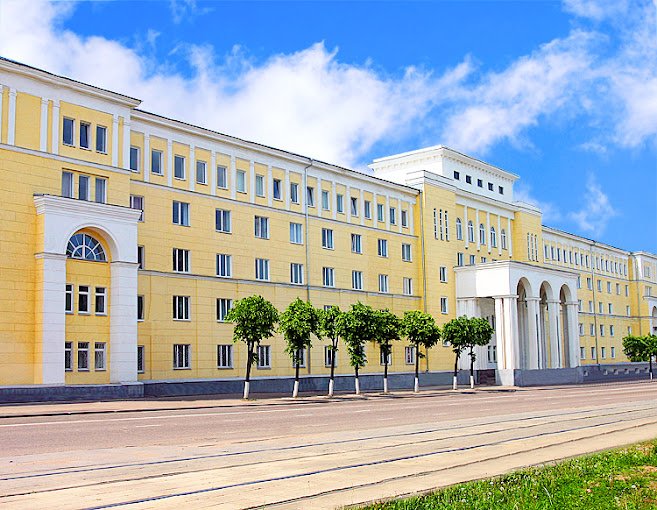
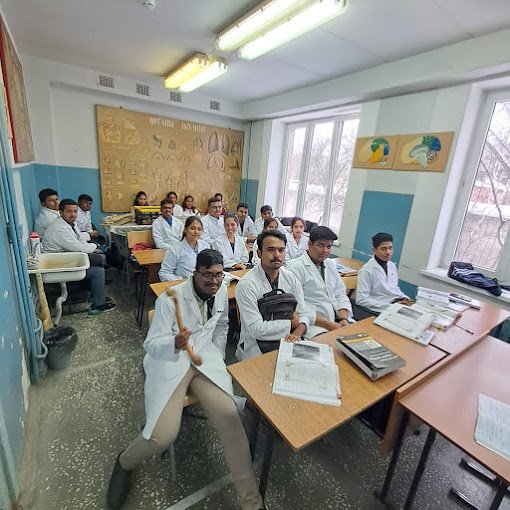
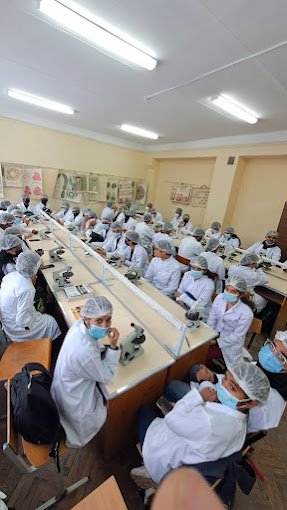
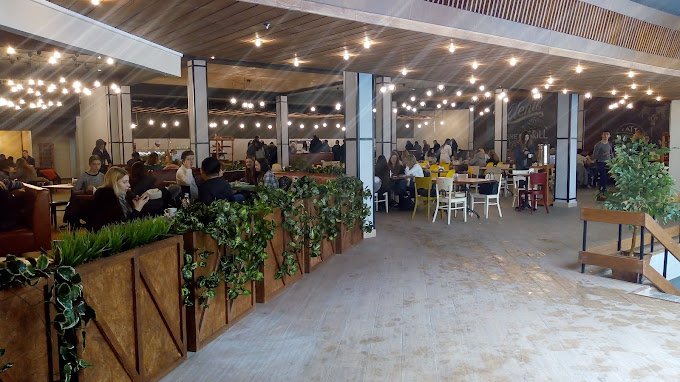

Background to the Formation of the Faculty of Medicine at Smolensk University (19th century – early 20th century):
During the 19th century, Russia faced a significant shortage of medical personnel, especially in rural areas where more than 80% of the population resided. European Russia, although ranking second in the number of doctors in the early 20th century, had uneven distribution, with a concentration in large cities. This shortage prompted discussions on the need for more medical professionals, particularly in rural regions.
Initiatives and Discussions:
Decision-Making Process:
Financial Considerations:
Benefits and Support:
Obstacles and Outcome:
Post-World War I Developments:
Basic Information about Smolensk State Medical University (SSMU):

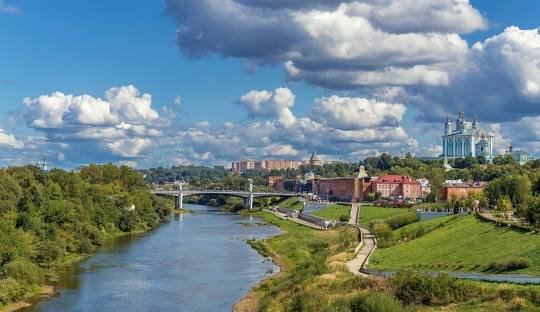
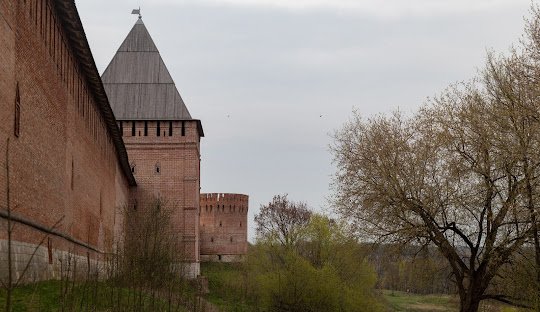
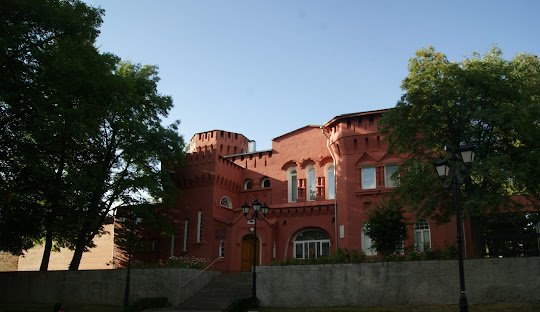
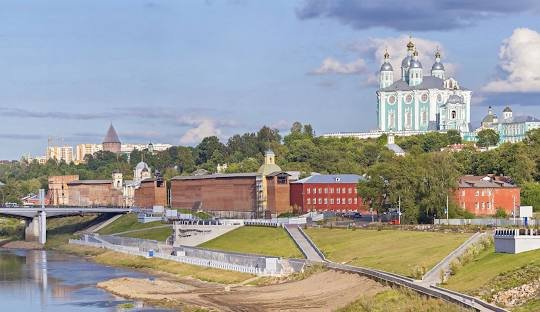
Smolensk: A Historic City on the Dnieper River
Smolensk is a city and the administrative center of Smolensk Oblast, Russia, positioned on the Dnieper River, approximately 360 kilometers (220 miles) west-southwest of Moscow. With a population of 316,570 according to the 2021 Census, Smolensk stands as one of the oldest cities in Russia, its origins dating back to 863.
Historical Significance and Challenges:
Economic Diversity:
Geographical Features:
Climate:
Smolensk’s enduring history, strategic location, and economic diversity contribute to its significance as a city with a rich cultural heritage and a key center in the landscape of Russian cities.

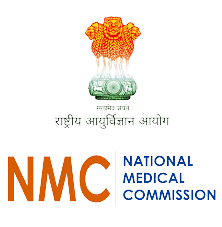
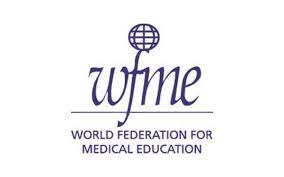
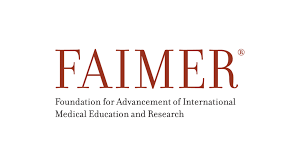
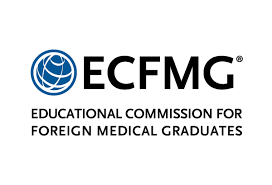
Program Details:
Climate:
Accreditation and Recognition:
Cultural and Religious Context:
Degree Information:
1. MCI Authorization:
2. Qualified Professionals:
3. Modern Facilities:
4. No Donation Requirement:
5. Learning Environment:
6. Research and Development:
7. Affordable Quality Education:
8. Access to Resources:
9. Research Programs:
10. Advanced Degrees:
11. Career Preparedness:
12. English-Medium Instruction:
13. Cost-Effective Campus:
1. World-Class Educational Environment:
2. Laboratories:
3. Extracurricular Engagement:
4. Year-Round Recreation Program:
5. Diverse Recreational Activities:
6. Fully Furnished Hostels:
7. Safety Measures:
8. Internet Connectivity:
| Year/Semester | Courses |
|---|---|
| 1st Year | |
| Semester 1 | Anatomy |
| Semester 2 | Anatomy & Histology |
| 2nd Year | |
| Semester 3 | Histology, Biochemistry, Anatomy, Physiology |
| Semester 4 | Biochemistry, Microbiology, Physiology |
| 3rd Year | |
| Semester 5 | Pathology, Pharmacology, Microbiology, Pathophysiology |
| Semester 6 | Pathology, Pathophysiology, Pharmacology, Genetics and Principles of Clinical Medicine |
| 4th-6th Year | |
| Semester 7-12 | General Surgery, Primary Care Medicine, Oncology, Psychiatry, Pediatrics, Cardiology, ENT, Neurology, Obstetrics and Gynecology, Internal Medicine, Neurology and Psychiatry, Psychology, Emergency Medicine |
Eligibility criteria for MBBS admission at the University adhere to the guidelines set by the National Medical Commission (NMC) for Indian students. The requirements are outlined below:
Academic Performance:
NEET Qualification:
Age Requirement:
Hostel Accommodation:
Diverse Community Living:
Hostel Management:
Facilities for Academic and Physical Development:
Self-Cooking Facilities:
Well-Furnished Rooms:
Convenient Location:
Step 1: Initial Counseling
Step 2: Submission of Application
Step 3: Payment of Application Fee
Step 4: University Admission
Step 5: payment of 1st year Tuition Fees
Step 6: payment of Visa Processing & Documentation Charges
Step 7: Invitation Letter
Step 8: Visa Application
Step 9: Payment of Consultancy Service Charges
Step 10: Purchase of Air Ticket
Step 11: Document Safety
Step 12: Airport Reception and Briefing
Step 13: Arrival and Enrollment
Documents Required:
To ensure a smooth MBBS admission process Indian students are required to submit the following documents. Please note that all documents must be translated into Russian and duly certified at a consular department of the embassy (This will be taken care by RICH GLOBAL EDU)
Educational Documents:
NEET Exam Related:
Identification and Travel Documents:
Photographs:
Health and Safety Documents:
Ensuring that these documents are properly translated and certified is crucial for a successful application process.
Tution Fees Per Year: 5500 USD
Hostel Fee, Medical Insurance, Visa Extension: 1500 USD
Notably, any one-time charges have been excluded for simplicity and ease of understanding.
*Food/Indian Mess Cost = 100 to 120 USD Per Month
Additional Expenses only in 1st year
| Expense Component | Cost (INR) |
|---|---|
| Application Fees | INR 10,000 |
|
Documentation & Visa Processing Charges This includes:
|
INR 1,00,000 |
| Consultancy Charges | INR 50,000 |
| Air Ticket | INR 30,000 – INR 40,000 |
Countries for MBBS Abroad
Top Universities for MBBS
FAQs
MBBS in Moldova
MBBS in Nepal
MBBS in USA
© 2024 Rich Global Edu